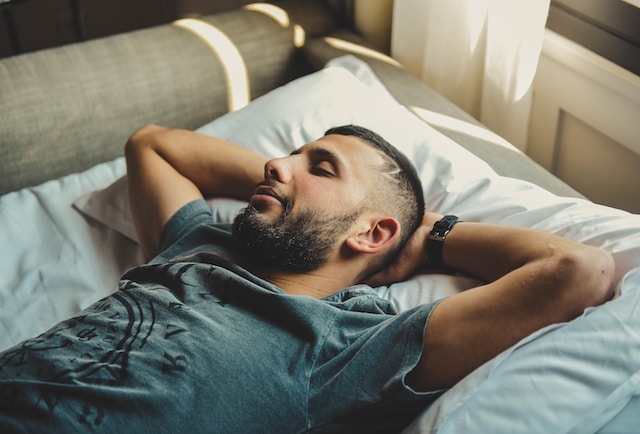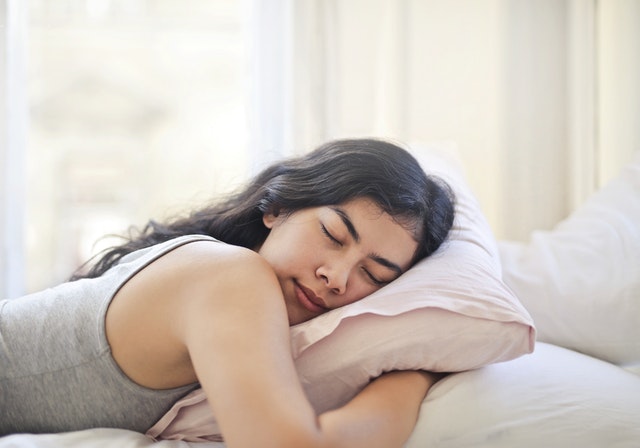Many Americans struggle with sleep. Stress is often a factor in restlessness, but there can be more serious underlying issues you need to address.
Those struggling with shut-eye might find some relief with melatonin supplements or gummies. Melatonin is the hormone that helps the body regulate the natural circadian rhythm, that biological process that tells you when you're tired and ready to sleep.
Melatonin supplements can help those suffering from poor sleep. However, before you head to the local pharmacy, there are several things you should know and consider.
1. Consult With Your Doctor Before Using

Before starting any supplement, you should talk to your primary care physician first. While sleeping problems can occur because of increased stress, sometimes, there are legitimate health concerns that need to be addressed. For instance, sleep disturbances can result from sleep apnea, which is a condition where a person literally stops breathing during sleep.
Talking to your doctor before starting a melatonin supplement can help ensure your safety. Your doctor can run tests and ask questions to determine if a supplement is the best option for you.
2. Verify Products Through Third-Party Groups

As a supplement, sleep gummies are not regulated by the Food and Drug Administration. Without FDA approval, producers can include ingredients that are not obvious on the labels. Consuming products without accurate labeling can be dangerous.
Therefore, if you want to start taking a melatonin supplement, it is best to purchase from a reputable source. Finding legitimate products is about verification, and the best way to verify supplements is through third-party groups, such as the U.S. Pharmacopeia or the National Sanitation Foundation International.
3. Know the Side Effects

Most products, even ones sold over-the-counter, have side effects. Before taking any supplement, you need to read the label closely to determine if the potential side effects are worth the risks.
When it comes to melatonin gummies, there are a few things you should be aware of. According to some medical professionals, melatonin supplements can result in headaches, dizziness, and morning drowsiness. If given to children, the supplements can cause bed-wetting and agitation.
4. Understand Gummies Aren't for Everyone

When used conservatively, sleep gummies are typically safe. However, not all people should take them. Those individuals who are pregnant or nursing should not take the supplements.
Additionally, anyone on blood pressure medication or blood thinners or those with type one diabetes, autoimmune diseases, or epilepsy should talk to their doctor before taking the supplements. Taking these supplements with any of these conditions can be hazardous.
5. Gummies Offer a Temporary Fix

Sleep gummies are effective for people with jet lag and some sleep-wake disorders, but they do not offer a long-term fix. The supplements can help some shift workers get some rest, too.
The problem with self-prescribing sleep supplements is when you do not understand the underlying cause of the sleep disruption. If you fail to diagnose the underlying condition, you might find that melatonin supplements become ineffective because the condition worsens.
Sleep gummies, or melatonin supplements, can help with some sleep struggles. In the short term, the supplements seem effective, but long-term use might not have the same effect. Before trying sleep gummies, it is best to talk to your doctor about your sleep problems and determine if a supplement is right for you.

















